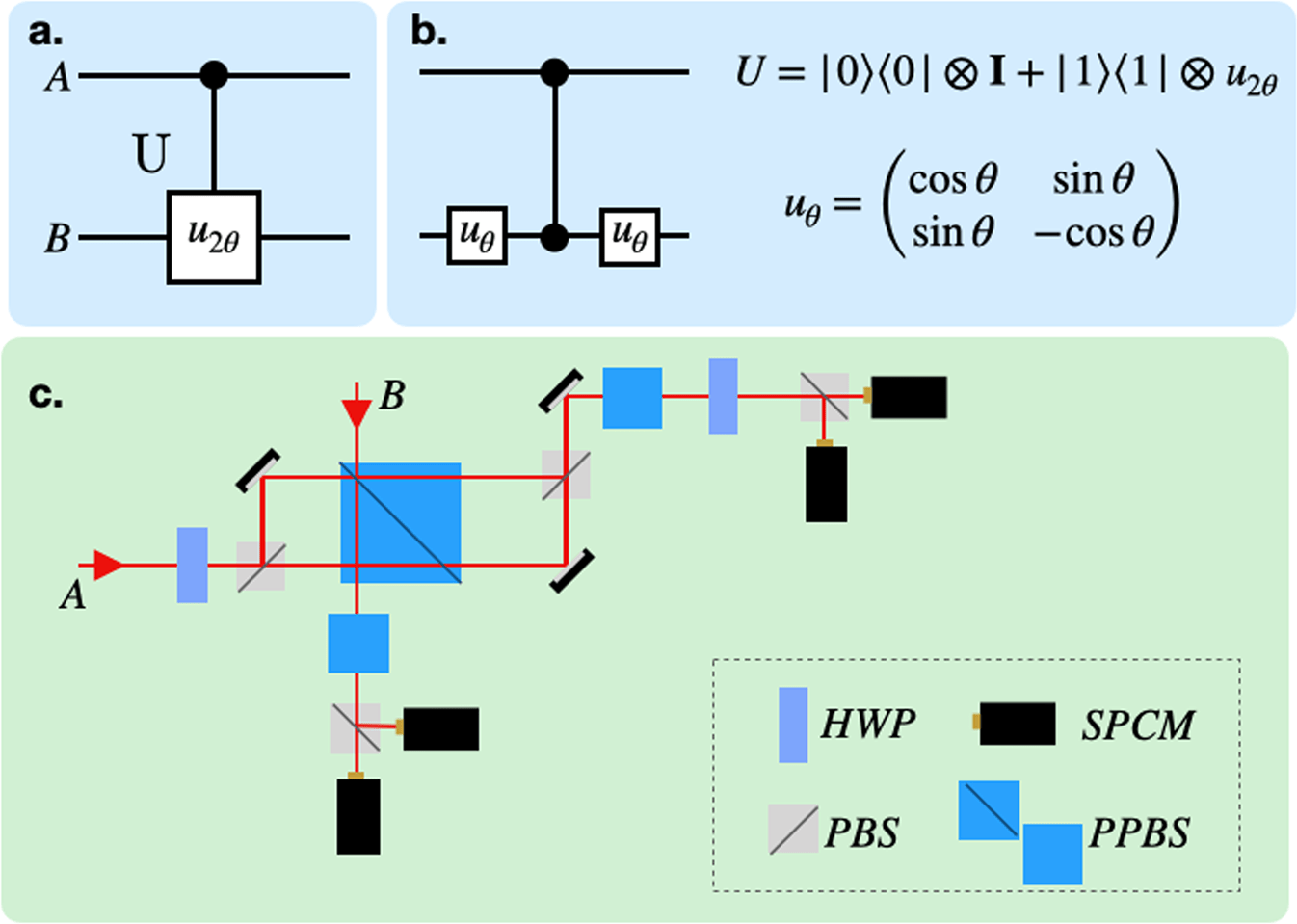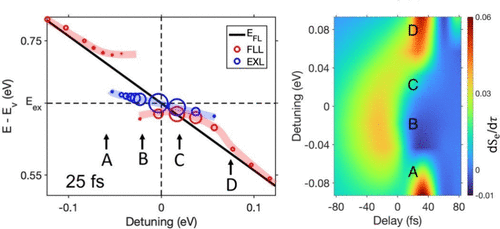Researchers at Universita degli Studi Roma Tre and University of Florence have characterized the energetic footprint of a two-qubit quantum gate from the perspective of non-equilibrium quantum thermodynamics.
Despite the significant progress made towards the implementation of prototype quantum devices able to process an increasing amount of information in a reliable and reproducible manner, little work has been devoted to the characterization of the energetic footprint of such potentially disruptive quantum technologies.
Yet, this is a crucial point to address: only by ensuring that the energy consumption associated with the performance of quantum information processing scales favorably with the size of a quantum processor, would the craved quantum technologies embody a credible alternative to CMOS-based devices.
They experimentally reconstructed the statistics of energy and entropy fluctuations following the implementation of a controlled-unitary gate, linking them to the performance of the gate itself and the phenomenology of Landauer’s principle at the single-quantum level.
Their work thus addresses the energetic cost of operating quantum circuits, a problem that is crucial for the grounding of the upcoming quantum technologies.
The paper has been published in npj Quantum Information.
The post Experimental characterization of the energetics of quantum logic gates appeared first on Swiss Quantum Hub.


